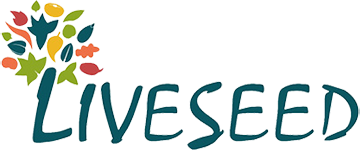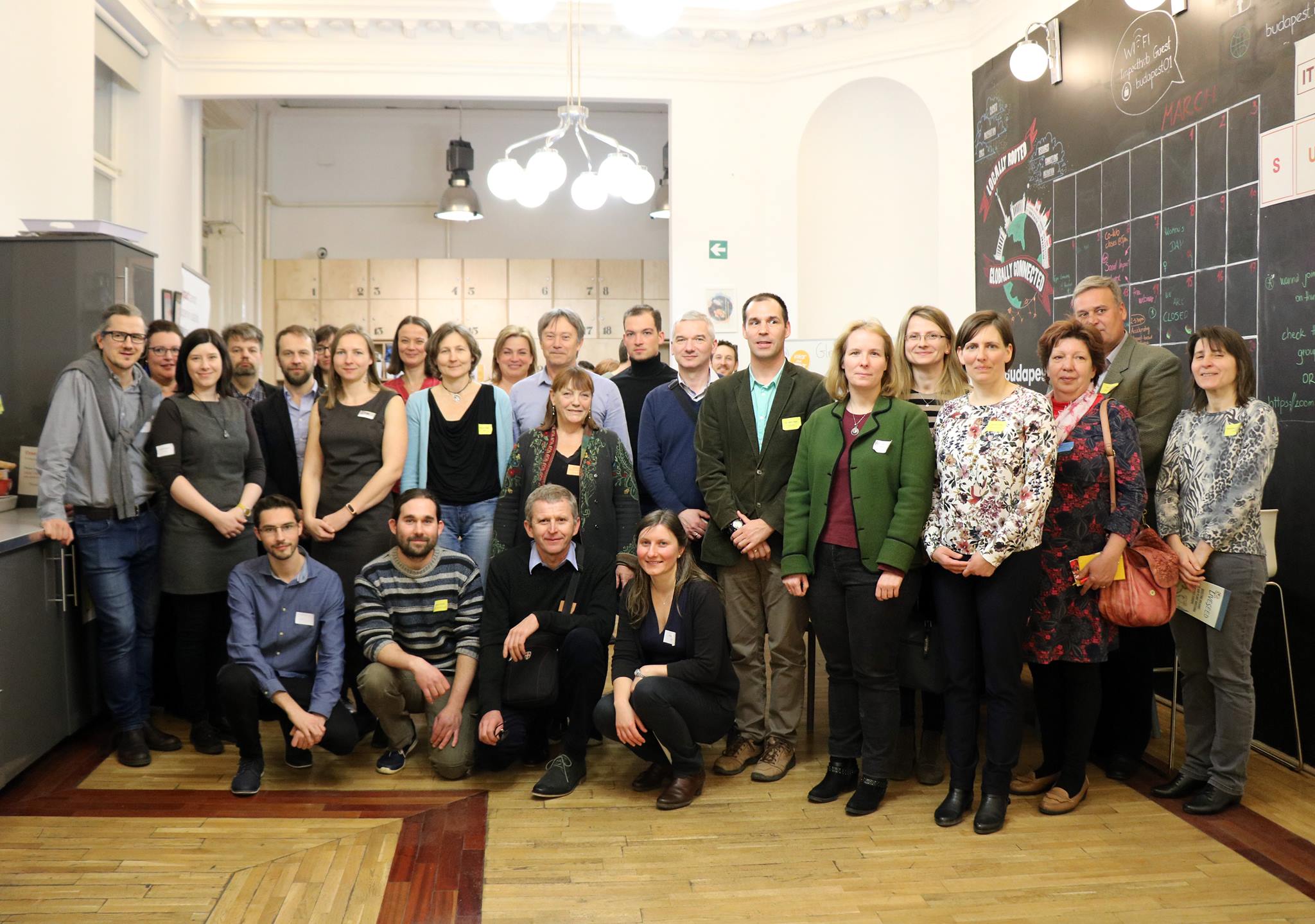by Judit Fehér (ÖMKi) on the National Workshop in Hungary, 12th March 2019:
Organic seed is the basis for organic farming. In spite of this fact, the organic seed supply of organic farmers is quite problematic in the whole EU and also in Hungary both regarding quantity and variety assortment. Currently, Hungary – being an internationally acknowledged leading seed producer country – sells organic seeds primarily to European export markets at an amount exceeding several times the needs of the Hungarian farmers. There is a huge potential in the sector both regarding the development of the Hungarian market and increasing the volume of export.
The European Union project LIVESEED aims at boosting organic breeding and organic seed production throughout Europe with the participation of the Hungarian Research Institute of Organic Agriculture (ÖMKi) and the Centre for Agricultural Research, Hungarian Academy of Sciences (MTA ATK). Workshops organized in several member states – e.g. in Hungary – within the project aim at starting communication among the representatives of the sector, which serves as the basis for collectively undertaken actions supporting the use of organic seeds, including the optimization of legal and professional policy regulatory frameworks.
We were pleased to see that almost all the stakeholders of the seed sector have been represented at the workshop called „Facilitating the production and the use of organic seeds in Hungary” organized together by ÖMKi and IFOAM EU on 12th March 2019. For example the Ministry of Agriculture, the National Food Chain Safety Office (NÉBIH), the Hungarian Seed Association, seed producer companies (Tradisco Seeds Ltd., Elitmag Ltd.), certification organizations (Biokontroll Hungária Nonprofit Ltd. and Hungária Öko Garancia Ltd.), the Hungarian Biokultúra Alliance, organic farmers, breeders (MTA ATK, Gabonakutató Nonprofit Ltd. from Szeged) and also the Centre for Plant Diversity (NöDiK) took part in the presentations and the workshop
In the morning session of the event seed related EU regulatory frameworks have been presented, then the current state of organic seeds in Hungary has been reviewed based on the results of the interviews made with the representatives of the sector in 2017 and the own experience of the stakeholders invited to the programme. Then best practices have been demonstrated from two countries located close to Hungary. First, the Czech Central Institute for Supervising and Testing in Agriculture (ÚKZÚZ) presented its national variety testing system working under organic conditions and the related cooperation network. Then the development, the operation and the organic breeding and the practical seed production activities of the Austrian Reinsaat company have been described.
In the afternoon the participants were divided into smaller groups in order to collectively find answers to questions such as the improvement of the use and the usability of the current organic seed database, the systematic testing of the performance/properties of major plant varieties under organic farming conditions or the improvement of the quality of farm saved seeds produced for own use.
The participants agreed that the discussion was very productive and promising, so they intend to continue communicating with one another in the close future by including even more stakeholders. By the end of the day, several ideas and smaller-larger promises have been also developed in order to boost the Hungarian organic seed sector (e.g. continuing organic cereal variety tests within the on-farm network of ÖMKi, organizing regular information sharing among the public, the market, the breeding and the research sectors, organizing professional days or setting up an organic seed specialist group) about which we hope to inform you soon.
 Liveseed
Liveseed Liveseed
Liveseed
